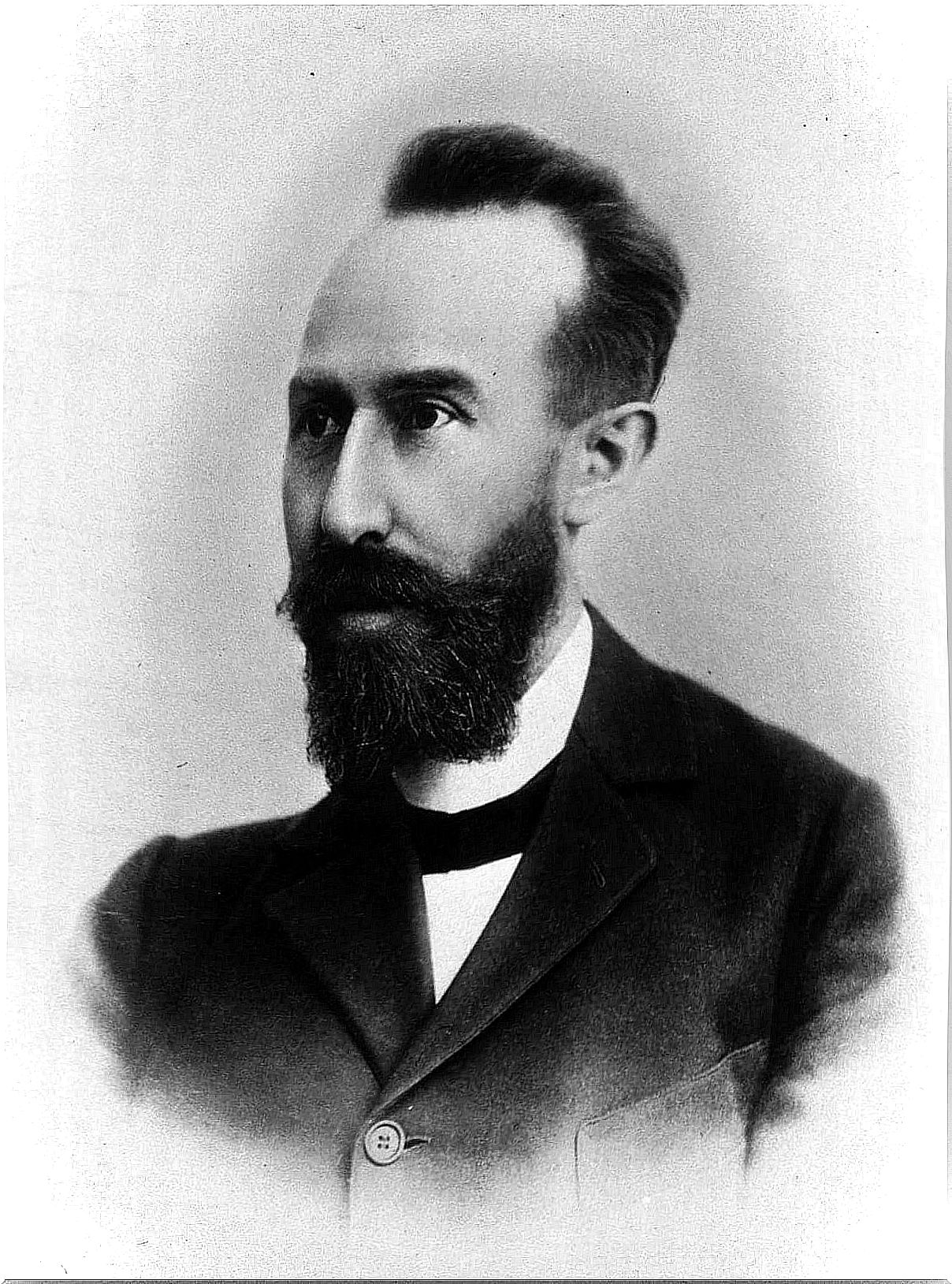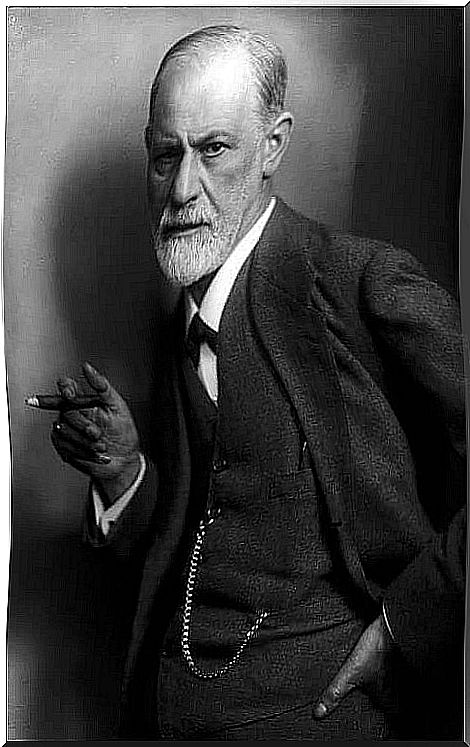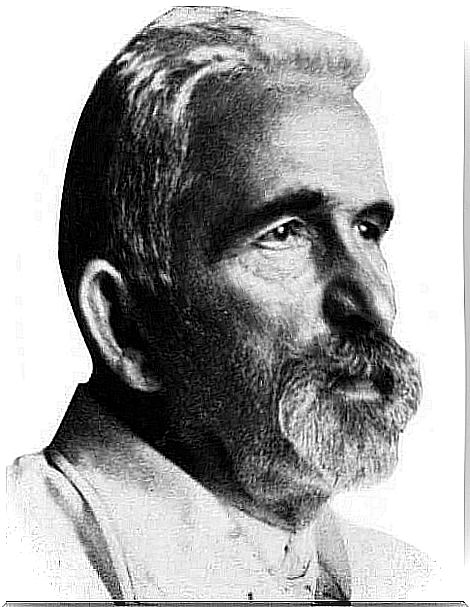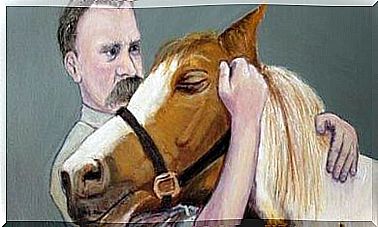Eugen Bleuler; A Pioneer In Schizophrenia

Eugen Bleuler was born in Zurich in 1857. During his long career, he made countless contributions to the field of psychology. Therefore, it is also interesting to learn more about the life of this renowned psychiatrist and his most famous works.
But before we get started with Eugen Bleuler, it is worth looking more closely at the influence that Freud had on Bleuler and his research. For Bleuler was so engrossed in Freud’s work that it would lay the foundation for his own research. We will later learn more about Freud’s influence.
The first years
As mentioned in the article “Paul Eugen Bleuler and the Origin of the Concept of Schizophrenia”, it was in Zurich that the psychiatrist began his medical studies. After working as a medical psychiatrist, Bleuler later spent time in Paris, London and Munich where he continued his research in psychology.
In Munich he worked in a laboratory until 1885, the same year he became a medical assistant in Burghölzi. A year later, just 29 years old, he became director of Rheinau Psychiatric Hospital. After this outstanding start to his professional career, he became a lecturer at the University of Zurich twelve years later.

Freud’s studies on hysteria
Eugen Bleuler was extremely preoccupied with Freud’s studies of hysteria. For reasons he only knew himself, he was very interested in hypnosis and introspection, which also led him to read everything Freud had written on the subject.
But, even though Bleuler seemed to be somewhat fixated on Freud and his studies, he was also very careful with everything he read. Eugen Bleuler, for example, felt uncomfortable with some of Freud’s concepts, such as that of libid o.
Although he was a great admirer of Freud and used the concepts in psychoanalysis to arrive at important psychological truths, at the same time Bleuler disagreed with Freud in many areas.
The definition of schizophrenia
According to the article “Paul Eugen Bleuler and the Birth of Schizophrenia” (1908), Bleuler first used the term “schizophrenia” in April 1908. This was possible thanks to some concepts he had taken from Sigmund Freud and psychoanalysis.
In addition, Bleuler’s research served as a kind of mirror image of the concept of “dementia” that had already been introduced by Kraeplin. But Bleuler believed that this term referred to one of the symptoms of schizophrenia.
After a thorough investigation of the topic, he concluded that some people suffer from a split in the thought process itself. He used the Greek language and the words skhízo (division) and phrén (mind) and coined the term schizophrenia.

Subgroups of schizophrenia
Once he had arrived at the definition of schizophrenia, he continued to research the disorder and by relying on Kraeplin’s work on dementia, he concluded that schizophrenia had several subgroups. Among these are: paranoia, disorganized speech and thinking and catatonia. All these subgroups were already established by Kraeplin, but Bleuler had some theories of his own. Kraeplin’s dementia was not always part of a gradual deterioration, it did not necessarily occur at an early stage and its subgroups were not exclusive.
Therefore, Bleuler directed his research towards the goal of being able to introduce a new concept that better suited his discoveries. Today we can thank him and his work in psychiatry that the definition of schizophrenia is far clearer than it was before him.
Eugenic sterilization
In this regard, it is worth looking more closely at the concept of eugenic sterilization. This was a process in which people with schizophrenia were sterilized. This was done to prevent children from inheriting this mental illness.
Today we know that schizophrenia is not a hereditary disease. Just because someone in the family has it, does not mean that the rest of the family will get it. But during Bleuler’s lifetime, there were few studies on schizophrenia and the research was only in its infancy.
Eugene Bleuler paved the way in research for a disorder that, according to the WHO, affects more than 21 million people today. He did an incredible job and although we still have a lot to learn, he made some valuable breakthroughs.









